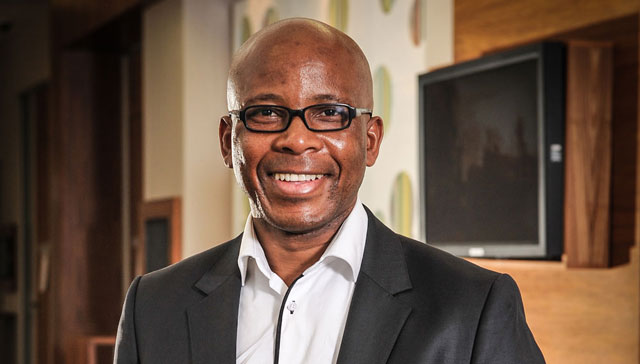
Microsoft on Wednesday launched a television white-spaces spectrum pilot in Limpopo, using unused portions of radio frequency spectrum reserved for broadcasting to deliver Internet access. It hopes the project will encourage further deployments throughout Africa.
The pilot follows the launch of similar pilots in Ghana, Tanzania and Kenya. It’s being launched almost a year after a group of companies, led by Google, conducted a similar trial in the Western Cape, which provided Internet access to 10 schools in the province.
The focus of Microsoft’s Limpopo pilot is on meeting government’s goal of providing low-cost broadband access for a majority of South Africans by 2020, says the company’s local MD, Mteto Nyati.
“About six months ago, we indicated that we planned to demonstrate to South Africa how to use unused TV spectrum to transmit and provide affordable broadband to areas that previously did not have it,” he says.
Microsoft partnered with the CSIR, the department of science and technology, and equipment vendor Multisource, to build the network and deliver educational resources.
Nyati says the pilot will show that white-spaces spectrum can deliver broadband for education and small businesses in rural communities.
“We are now lobbying and pushing institutions like [communications regulator] Icasa to think about regulating this space so that these projects can be deployed throughout South Africa.”
Microsoft’s white-spaces pilot has been awarded a year-long licence from Icasa to use TV spectrum in Limpopo. Nyati says Microsoft has the option to extend this licence period, provided it is not used for commercial purposes.
Solar-powered base stations have been deployed at five secondary schools in the province as part of the pilot. The TV white-spaces spectrum is being used to carry Internet traffic from these rural schools to the University of Limpopo, Nyati says.
Although access will not be restricted, pupils will be limited in what they will be able to access online, ensuring that focus remains on education at all times. Connectivity speeds range between 4Mbit/s and 6Mbit/s.
“This project is not just about connectivity,” says Nyati. “It is also about showing the possibilities that connectivity is able to provide to people who did not have it before.”
Microsoft will provide training to teachers to ensure they get the best from the technology. Teachers and students will also be given Lenovo tablets that will be used in the classroom. — © 2014 NewsCentral Media




